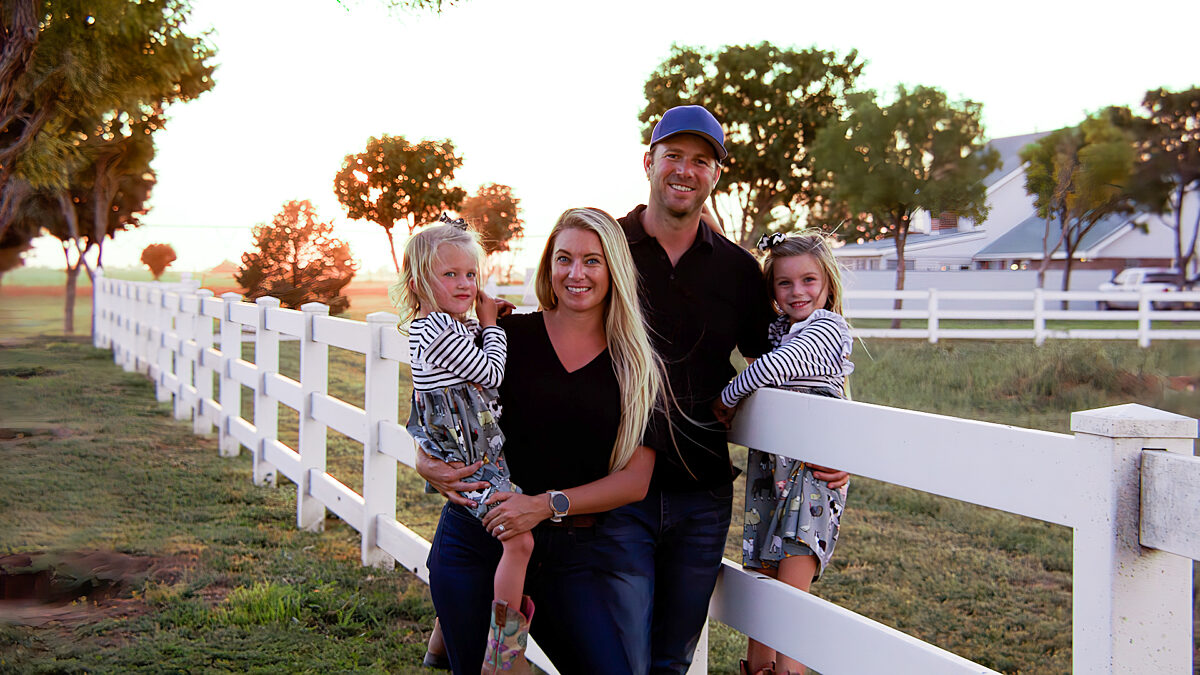If Not Us, Who? If Not Now, When?
TOPICS
AdvocacyGuest Author
Special Contributor to FB.org

photo credit: AFBF Photo
Guest Author
Special Contributor to FB.org
By Randy Dwyer
“If not us, who? If not now, when?” These questions have been posed by many over the years in an attempt to draw attention to causes both large and small. For Farm Bureau farmer and rancher members, the answers to these questions should hold more meaning today than ever before.
I say this because while Farm Bureau grassroots members have a strong history of making their voices heard at the local, state and federal level, there are several “mega-trends” at play that will undermine this tradition and make us politically vulnerable if we don’t stay vigilant.
It’s the organized groups, those who show up and speak up, that win at the end of the day.
One important mega-trend is the shifting U.S. population. According to the 1920 U.S. Census, America’s population was evenly split between folks in rural settings and those who lived in cities. Fast forward to today and our cities have grown exponentially, with 80 percent of Americans now living in urban/suburban settings, leaving only 20 percent of Americans in rural areas. This trend could have the effect of leaving rural citizens in the “statistical dust” of a changing America. This trend does not show any indication of slowing down. We could very well see an even larger gap across the country after the upcoming 2020 census is concluded.
This shift in population also means shifting political representation, with more legislators being concentrated in the larger cities and suburbs. This means fewer legislators represent rural interests than ever before in state capitals as well as in the U.S. Congress. As a matter of fact, according to one recent study there are only 40 sitting members of Congress who truly represent a rural district. This is a far cry from our recent past. Even President Dwight D. Eisenhower saw this trend in 1956 when he lamented, “Farming looks mighty easy when your plow is a pencil and you are 1,000 miles away from a corn field.”
Knowing this, it’s more important than ever for Farm Bureau members to maintain a high political profile. By this, I mean we must “show up and speak up.” Now is not the time to rely on others to carry the torch. It is not the time to feel uncomfortable when asked to talk to legislators. We are seeing issues arise in state capitals and Washington, D.C., that directly affect farmers’ bottom lines and the best way – the only way – to fight back is to raise our collective voices and be heard.
There’s a saying in politics: “If you’re not at the table, then you’re probably on the menu.” Being at the table is extremely important in today’s world of politics. While our lobbyists do an excellent job of shaping policy, it’s the farmers and ranchers’ stories – from the dairy farms, fruit orchards, row crop farms, specialty crop farms and grazing pastures – that need to be heard by legislators.
It’s the organized groups, those who show up and speak up, that win at the end of the day. Farm Bureau members have proven after time that they can be counted on to do just that. In today’s political environment, it’s more important than ever that you speak up. This could mean participating at a local town hall meeting, testifying in your state capital or sending an email to your representative. Every bit of advocacy counts.
To put it another way, if we want good legislation, it’s only going to happen when each and every one of us plays an active role in the process. Farm Bureau advocacy has never been a spectator sport. So, what are the answers to the questions at the top of this column? That’s for you to decide.
Randy Dwyer is director, advocacy & grassroots development at the American Farm Bureau Federation.
Top Issues
VIEW ALL